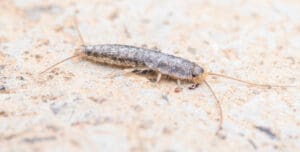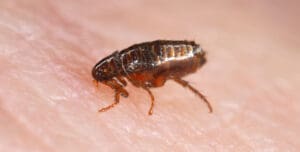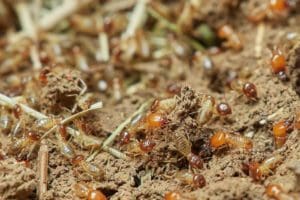
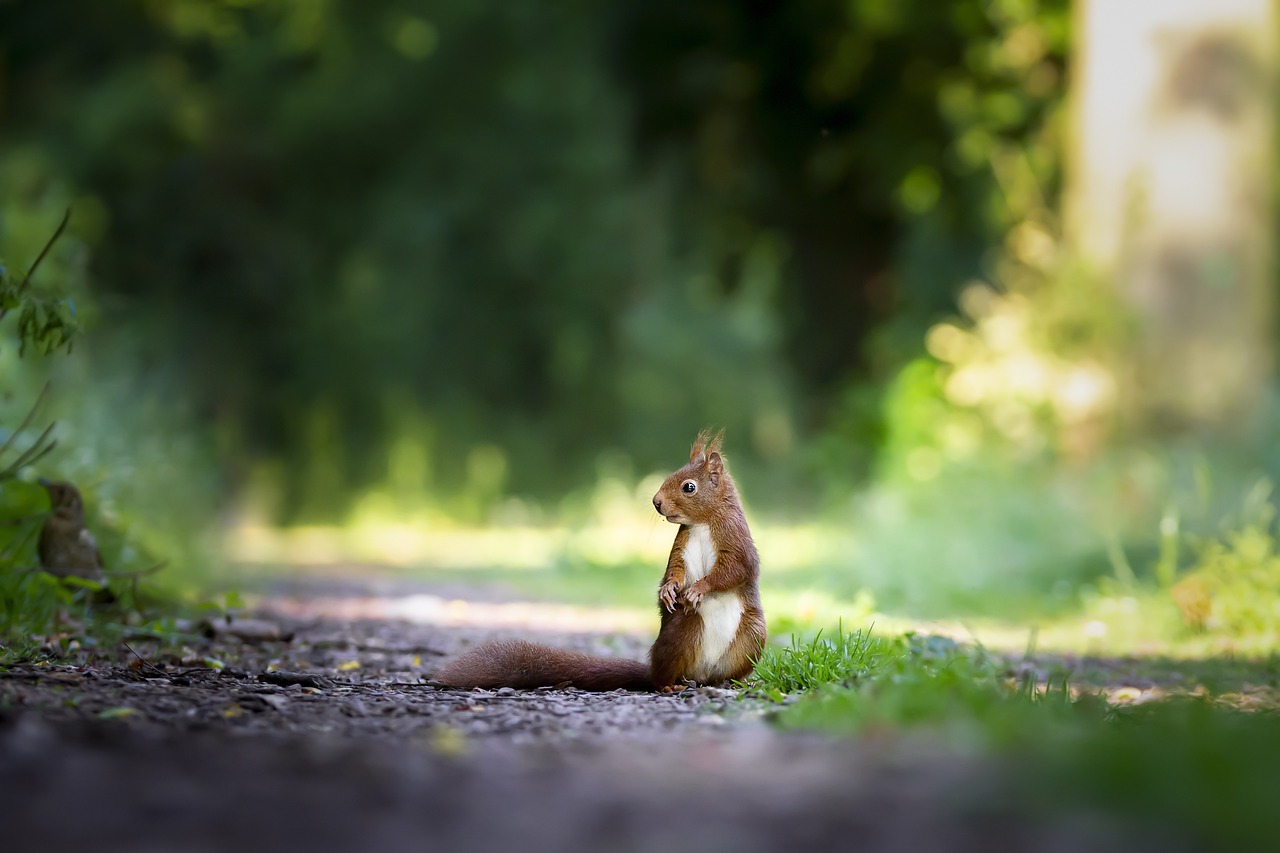
Wildlife control is crucial for protecting your property from the damage and health risks posed by pests. Whether you're dealing with raccoons in your attic or opossums in your garden, Twin-Boro’s expert team offers effective and humane wildlife control. Discover how our wildlife control services can safeguard your home or business.
Understanding Bergen County Wildlife
In Bergen County, New Jersey, common wildlife pests include raccoons, squirrels, bats, skunks, and opossums. Raccoons are notorious for rummaging through garbage and can cause significant damage to homes by tearing off shingles or siding to access attics. They can also spread diseases like rabies. Squirrels, particularly gray squirrels, often invade attics and chew on electrical wiring, posing fire hazards. They also damage gardens and bird feeders. Bats, though beneficial for controlling insect populations, can become a nuisance when they roost in attics or walls. Their droppings, called guano, can lead to health issues like histoplasmosis. Skunks are known for their pungent spray, which they use as a defense mechanism. They dig up lawns and gardens in search of food and can carry rabies. Opossums, while generally less destructive, can still create messes by overturning garbage cans and taking shelter under decks or sheds. These pests not only cause structural damage but can also pose health risks to humans and pets, making effective management and prevention strategies essential for residents of Bergen County.
Identifying Signs of a Wildlife Infestation
Recognizing signs of a wildlife infestation involves careful observation of both physical and auditory clues. Common indicators include droppings, gnaw marks, and unusual noises.
Droppings are a telltale sign; for instance, raccoon droppings are usually large and may contain remnants of seeds or insects, while squirrel droppings are smaller and cylindrical. Gnaw marks on wooden structures or wiring can indicate the presence of rodents like squirrels or rats, as they need to chew to keep their teeth from growing too long.
Unusual noises, especially at night, can signal infestations. Scratching or scurrying sounds in the attic or walls often point to rodent or squirrel infestations. Bats may make faint rustling or chirping noises, especially during the night.
Damage to insulation or chewed wires can also be indicative of wildlife problems, as many pests are known to chew through materials in their search for food or nesting sites. Tracks or footprints in dusty or muddy areas may reveal the presence of animals like raccoons or skunks. Observing these signs can help identify the type of pest and therefore allow you to take the appropriate measures to manage the infestation.
Preventive Measures for Wildlife Control in Bergen County
Preventing wildlife infestations involves a combination of sealing entry points, securing food sources, and maintaining a clean environment, which is best accomplished with the following methods:
- Sealing Entry Points: Inspect your property for potential entry points, such as gaps in the roof, vents, and foundations. Use durable materials like steel mesh or caulking to seal these openings, ensuring that pests cannot gain access to the interior.
- Securing Trash Cans: Wildlife, particularly raccoons and skunks, are often attracted to easy food sources. Secure trash cans with tight-fitting lids or use animal-proof containers. Store bins in a garage or shed if possible.
- Removing Food Sources: Keep pet food, bird seed, and other food sources indoors. Clean up fallen fruit from trees and ensure that outdoor cooking areas are thoroughly cleaned after use.
- Maintaining Yard Cleanliness: Regularly trim vegetation and keep your yard free of debris where animals might seek shelter. Avoid leaving piles of leaves or wood, as these can attract pests.
- Using Repellents: Consider using natural repellents or motion-activated devices to deter wildlife. Additionally, securing compost bins with lids and regularly cleaning gutters can help reduce attractants.
Navigating Legal Considerations
In Bergen County, NJ, wildlife protections and rules are governed by state regulations and local ordinances aimed at preserving native species and managing wildlife-human interactions. The New Jersey Division of Fish and Wildlife enforces laws that protect certain wildlife, such as prohibiting the trapping or killing of non-game species without a permit. Additionally, it’s illegal to relocate wildlife without proper authorization, as this can disrupt local ecosystems and cause stress to the animals.
Local ordinances in Bergen County may include specific rules regarding the feeding of wildlife. Feeding wildlife, such as deer or raccoons, is generally discouraged because it can lead to dependency on human-provided food and increase the risk of disease transmission. Municipalities may have additional regulations on managing wildlife problems, including guidelines for dealing with pests like raccoons or squirrels.
Permits are often required for the removal or relocation of wildlife, and professional wildlife control services must adhere to state regulations. It’s important for residents to familiarize themselves with these rules to ensure they handle wildlife interactions legally and responsibly. For specific information, consulting the local municipal office or the New Jersey Division of Fish and Wildlife can provide guidance on current regulations and protections.
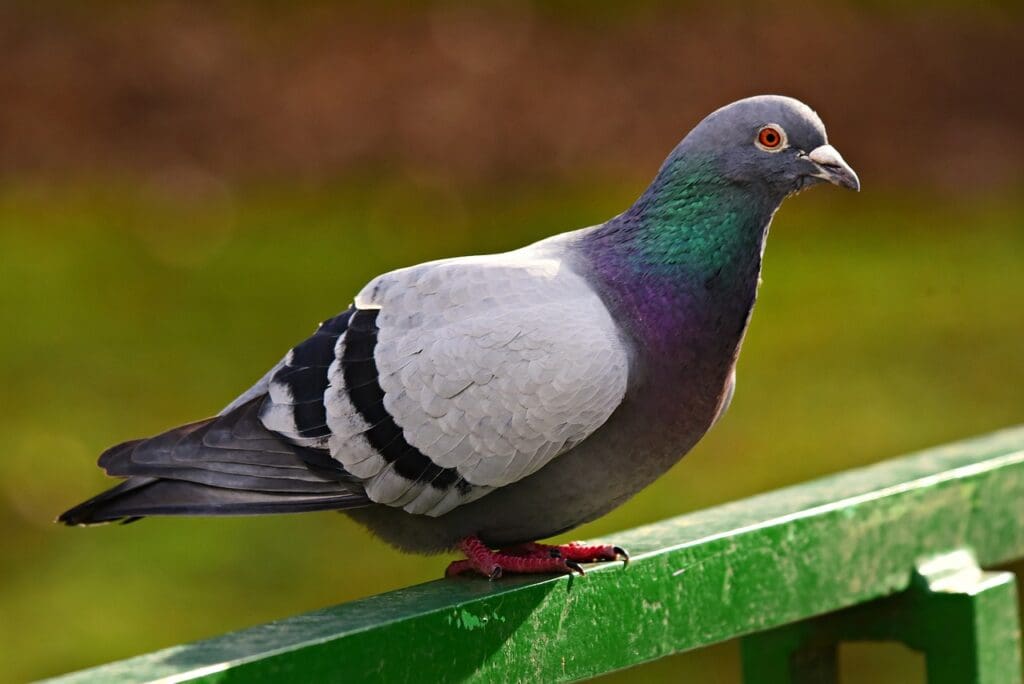
Humane Wildlife Control Methods
Humane methods for controlling wildlife pests focus on minimizing harm and encouraging safe, ethical practices. One effective approach is live trapping, where animals are captured in specially designed cages that allow them to be relocated safely. This method is typically used for species like raccoons, squirrels, or opossums. Once trapped, the animals are transported to suitable habitats away from human dwellings, ensuring they have the opportunity to thrive in their new environment.
Another humane strategy is exclusion, which involves securing entry points to prevent wildlife from entering buildings. This includes sealing gaps, repairing vents, and using barriers to deter animals from accessing attics or basements. Proper waste management is also crucial. Securing trash cans with tight-fitting lids and keeping outdoor areas clean can discourage wildlife from scavenging for food, which often leads them to invade homes. Using deterrents, such as motion-activated lights or noise devices, can also help keep wildlife at bay. These methods do not harm animals but make the area less inviting. For ongoing problems, consulting a professional wildlife control service that employs humane practices can provide additional solutions tailored to specific situations.
Wildlife Pest Control Near Me in Bergen County
Finding reputable wildlife pest control services in Bergen County involves careful research and consideration of several factors. Start by seeking recommendations from friends, family, or neighbors who have had positive experiences with local pest control companies. Their firsthand experiences can provide valuable insights into the quality of service and reliability.
Next, check online reviews and ratings. Look for companies with consistently high ratings and positive feedback, particularly those praised for their humane and effective wildlife control methods. Verify that the companies you consider are licensed and insured, which ensures they meet state regulations and are covered for any potential damage or accidents. Check if they have certifications from professional organizations like the National Pest Management Association (NPMA), which can indicate a higher level of expertise and commitment to ethical practices. When looking for Bergen County wildlife pest control services, prioritize those with a strong reputation and a focus on humane solutions.
Contact multiple companies to compare their approaches, services, and pricing. Ask about their methods for humane wildlife control and ensure they offer guarantees or follow-up services. A reputable company will provide transparent information, answer your questions, and offer written estimates.
Effective wildlife control is essential for maintaining a safe and healthy environment, whether for residential or commercial properties. By addressing issues proactively and employing humane methods, you can prevent damage and minimize risks. For comprehensive residential pest control and commercial pest control solutions tailored to your needs, contact us today. Our expert team is ready to provide reliable and efficient services to ensure your property remains pest-free and secure. Reach out to us to get started.




